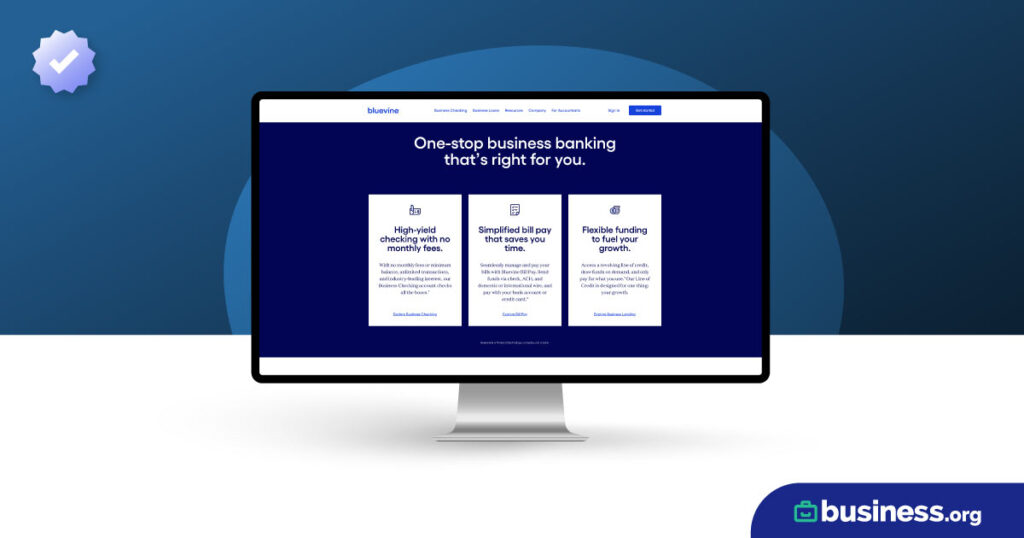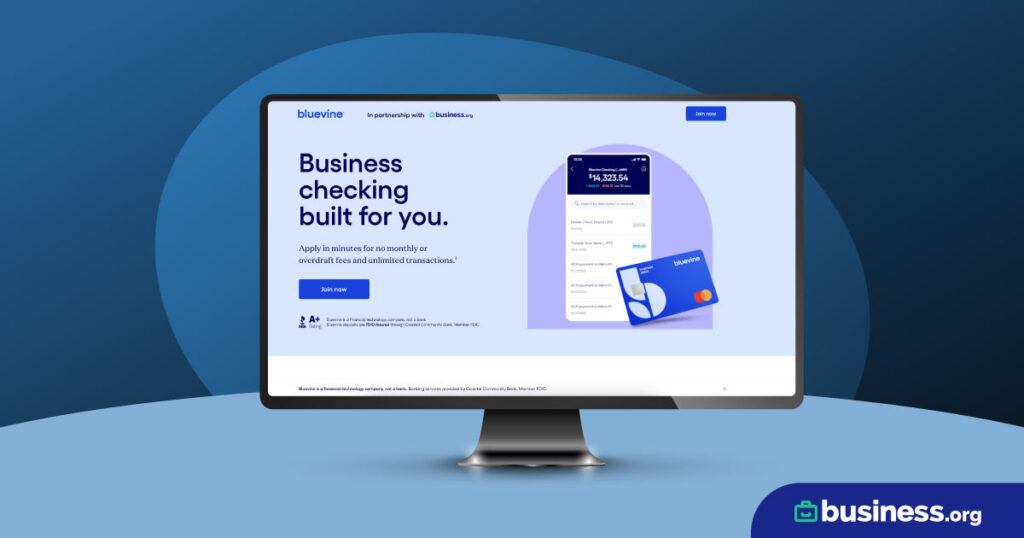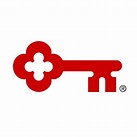We are committed to sharing unbiased reviews. Some of the links on our site are from our partners who compensate us. Read our editorial guidelines and advertising disclosure.
What You Need to Know About a Cashier’s Check
It is typically used for large purchases where the seller may be concerned about not receiving their money—like a real estate or car purchase. With a cashier’s check, both the buyer and seller know that the funds are guaranteed and backed by a financial institution with no risk of the check bouncing.
Now, a cashier’s check is not used for general purchases, so it’s not something you need to always worry about. But if you’re looking to buy a new space for your business or invest in a vehicle fleet, it’s worthwhile to go to a bank or other financial institution and get a cashier’s check.
What is a cashier’s check? Cashier’s checks are backed by a financial institution and a secure way of paying for large purchases. You don’t need them for everything, but when you do it’s good to know how to get one.
Cashier’s Check Review Table of Contents
What is a cashier’s check used for?
Since a cashier’s check is guaranteed and backed by a bank or credit union, they are used for high price tag purchases—like rent, a mortgage, or a car. You may also find that suppliers will want a cashier’s check for their first invoice to guarantee that you have the money to pay them.
With a cashier’s check, you have already paid for the funds and the bank has confirmed they have the funds on hand. That means there’s no waiting for a check to clear or worrying that a check is fraudulent. Even better, the funds can only be withdrawn by the person named on the check, which reduces the risk of theft.
Now you may also find that you need to accept a cashier’s check for your business. That may be because you sell high-ticket items or are supplying goods to a new business. In that case, the cashier’s check is an assurance that the funds are there and secure.
By signing up I agree to the Terms of Use and Privacy Policy.
What are the steps for getting a cashier’s check?
It’s very easy to get a cashier’s check, and only requires four simple steps:
- Go to the bank or credit union, either in person or online, and speak with a teller or representative.
- Present the bank or credit union with the funds for the cashier’s check, personal photo identification, and the recipient’s—or payee’s—personal information.
- Pay any applicable fees and transfer the funds.
- Keep your receipt.
Some banks and credit unions offer online cashier’s checks while others require you to go into a physical location and provide the money there. If you go to your bank, they can draw funds for a cashier’s check from your account. Otherwise, you need to bring cash to the bank for the cashier’s check.
Cashier’s checks are different from personal checks because they require the payee’s information immediately—you cannot use a blank cashier’s check. Also, keeping your receipt from the transaction ensures that if the check is lost or stolen you have a record of it.
Although it is easy to get a cashier’s check, it’s important to follow all of the steps.
Cashier’s checks may go by different names at some financial institutions (TD Bank calls them “official checks,” for example). Regardless of the name, just make sure you’re getting a check that is guaranteed by the bank.
How much is a cashier’s check at banks?
We went through our list of the best banks for small businesses and looked at some of the most popular banks in the US to find how much a cashier’s check is at each bank. The cost is typically around $5-10 per check, and we found that across 15 banks, the average cost for a cashier’s check was $8 per check.
Some banks may allow you to purchase a cashier’s check without an account while other banks will require a checking account before supplying a cashier’s check.
If you don’t have a bank account, you can go to a credit union. At a credit union, you have the option for a money order (typically under $2,000) or a cashier’s check (only available if there is a payee). The fee for cashier’s checks at credit unions is typically $5-10 per check.
Cashier’s check fees at top banks
Data as of 08/15/22. Offers and availability may vary by location and are subject to change.
* Only available for account holders

Want affordable banking with great perks? With Bluevine, you can get a fee-free business checking account―and you can even earn up to $5,000 in interest.
The takeaway
A cashier’s check is a great way to pay for a large purchase and know that the funds are backed by an accredited financial institution. Most banks offer cashier’s checks for a small fee, which is a low price to pay for a payment you know is protected from fraud. They can be used by your business as both the buyer and seller, too.
If you’re planning to make big-ticket purchases, a cashier’s check is the way to go.
Wondering what to do with a cashier’s check? Maybe you need a bank account for your business. Check out our top picks.
Related content
Cashier’s check FAQ
How does a cashier’s check work?
A cashier’s check is like a verified check—it proves that you have the funds available (or, in this case, that the bank does because they are backing and guaranteeing the cashier’s check). Cashier’s checks are only for one recipient. So a cashier’s check reduces the chance of fraud and negates any possibility of the check bouncing.
It’s basically a fancy, written-up version of cash that can go only to the person cashing the check.
How do you get a cashier's check?
Going to a bank or credit union (either online or to a physical branch location) is the surest way to get a cashier’s check. An online cashier’s check may take a couple of days to arrive while going to a physical location ensures you can get a cashier’s check immediately.
At the bank or credit union, you pay for the cashier’s check, have the bank or credit union verify the funds, and then wait for them to draw up a cashier's check for a specific recipient. Then you can pay the recipient with the cashier’s check. Remember: the cashier’s check is for a specific amount and can only be cashed by the intended recipient.
What is the maximum amount for a cashier's check?
There is no upper limit to a cashier’s check. It may vary from bank to bank, but generally, there is no upper limit. A cashier’s check is based on the amount you have on hand (either in cash or in your bank account) to provide to the bank to guarantee, and as long as you have the cash, the bank will provide the cashier’s check.
What’s the difference between a cashier’s check and a money order?
While a cashier’s check and a money order may seem similar in theory, they’re actually a lot different. A cashier’s check has to be purchased by a credit union or bank and is backed by that financial institution. In contrast, a money order can be bought at many more places (including a post office, retail stores, banks, and more) and is backed by the store you bought it from.
You’re limited to $1,000 with a money order and a cashier’s check has no limit. There is a lower fee for a money order and you do not need a bank account. However, a money order is typically used for sending money by mail or for small purchases while a cashier’s check is used for larger purchases.
Is a cashier's check the same as cash?
No, a cashier’s check isn’t the same as cash, although the two are similar. If you have a large purchase to make and handling that much cash is not advised, or if you need to guarantee a particular amount of withdrawal funds, then you’ll use a cashier’s check.
For instance, if you want to buy a $10,000 car, it’s best to use a cashier’s check so you’re not handling that much cash and you have a record of that money going from you to your bank to the seller. Think of a cashier’s check as a more secure version of cash.
Disclaimer
At Business.org, our research is meant to offer general product and service recommendations. We don't guarantee that our suggestions will work best for each individual or business, so consider your unique needs when choosing products and services.










